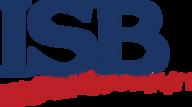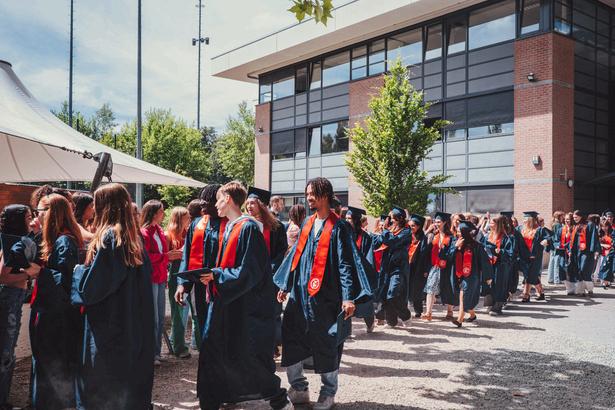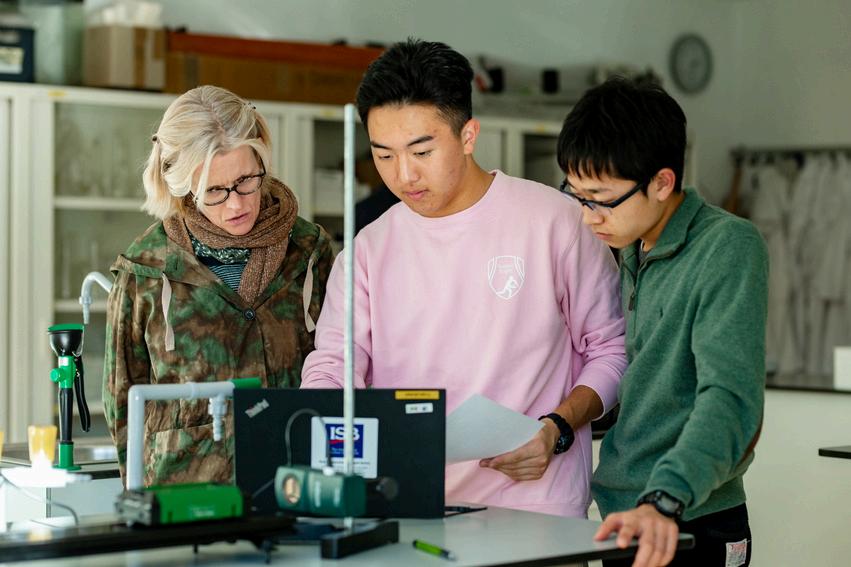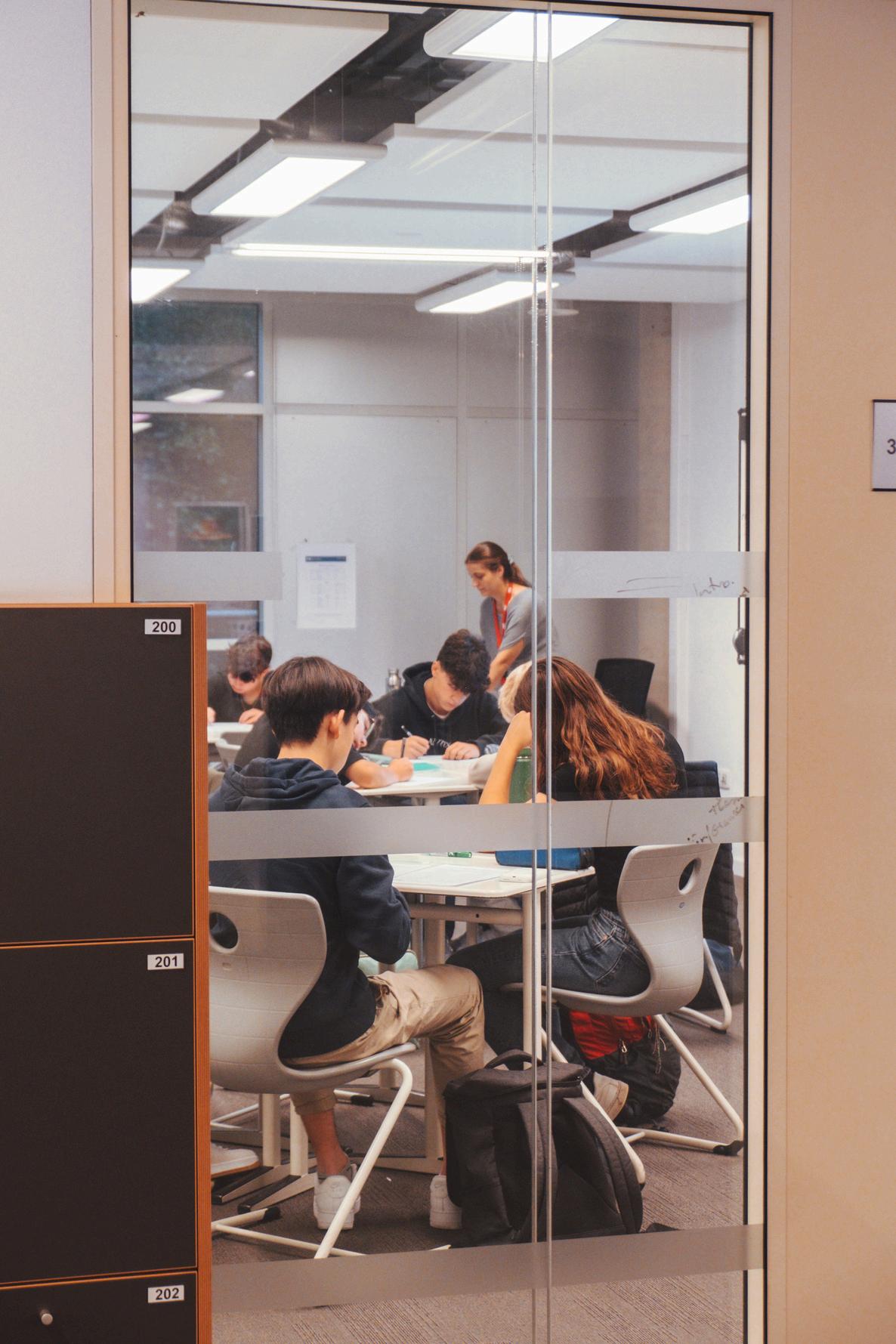
KATTENBERG 19, B-1170
BRUSSELS,


KATTENBERG 19, B-1170
BRUSSELS,
2023/2024


High School Pathways
ISB Diplomas
Individualised ISB Diploma
ISB US High School Diploma
The ISB US HS Diploma and University Bound Students
Personal Learning
Community Engagement (through PL or CAS)
Student Support
Counselling
High School Counselling
Social Emotional Counselling
Learning Support
Resource
Intensive Learning Support
Monitoring
English Language Development
ISB Grading and Conversion Chart for External Programs
AP Philosophy & Practices
Advanced Placement (AP)
AP Course offerings
AP Prerequisites and Placement
AP Assessment and Grading
Collegeboard, AP Courses and University Bound Students
BTEC Philosophy & Practices
BTEC International Level 3 Programme
BTEC Course Offerings
BTEC Assessment
BTEC Grading
BTEC Work Submission
BTEC Courses and University Bound Students
IB Philosophy & Practices
Introduction to the International Baccalaureate at ISB
The IB Mission Statement
The IB Learner Profile ISB’s Transferable Skills and the Approaches to Learning


IB Courses at ISB
ISB Course Offerings
Languages and the IB Program
Online IB Courses
The IB Diploma Program
IB Diploma Requirements
The IB Diploma Core
Extended Essay (EE)
Theory of Knowledge (TOK)
Creativity, Activity and Service (CAS)
Non-Regular IB Diplomas
Award of the IB Diploma
Passing conditions for the IBDP Diploma
The Award of Bonus Points
Re-taking IB Examinations
Assessment in the IB Program
Admissions and enrolment procedures
Course Selection
Enrollment for ISB students
Enrollment for transfer students
Registration and fees
The IB and Post-Secondary Planning
Recognition of the IB Diploma by universities
Projected and Predicted Grades
Guidelines for IB Students at ISB
Homework
Stress management
Communication with IB students
Inclusive Learning and Assessment
Academic Integrity
Academic Integrity in the IB Program
IB Sanctions
Code of Conduct for IB Examinations
Glossary of IB terms and abbreviations







The ISB High School Diploma is a four-year credit based degree modeled after the liberal arts approach (breadth and depth) in the United States. Students working toward achieving this diploma earn credits by passing (grade 3 or above) their accredited courses in grade 9 to 12 Year long courses earn 1 credit, semester courses earn 0 5 credits In order to graduate, students must obtain a minimum of 19 credits from a specific range of identified courses which then allows space for a student to dive deeper into their interest areas Students must also engage in, reflect upon and document authentic personal learning experiences that contribute to their own personal awareness and well-being as well as to the communities of others The specific requirements of the High School Diploma are below
Credit Requirements (Minimum 19)
English (can include ELD) - 4 credits required
Mathematics - 2 credits required
Social Sciences - 2 credits required
Sciences or Approved Technology - 2 credits required
Arts - 2 credits required
Physical Education/Health
Additional Language - 2 credits
+5 additional credits










ISB provides a wide spectrum of learning support, which includes provisions for students who require services identified in three broad bands, although we know students don’t fit neatly into these boxes In reality it is a continuum, and defining the degree of support students need helps us design and deliver flexible service delivery options.








The chart below is a representation of the ISB grading structure in the Upper School The chart also shows the alignment of the external grading systems from organisations of which we offer additional courses (IB, AP, BTEC) Courses that have IB, AP, or BTEC in the course title at ISB are graded using external criteria and descriptors provided by their accrediting bodies. Those grades are then converted to ISB grades as represented below and reported as such on ISB official documentation.
ISB is an accredited institution and as such awards grades and credits for courses completed at ISB and therefore ISB reports use ISB grades Predicted or awarded grades for AP, BTEC, and IB can be provided as needed on separate documentation, and in the end will be awarded directly by these external organisations
Due to the transient nature of international school populations, and in line with our school’s mission and values, ISB does not weight grades, calculate GPA, or rank our students.


To enroll in an AP course at ISB the following policy applies: All prerequisite requirements are met (see HS Programme of Studies), 9th grade students may only enroll in up to one ISB offered AP course, 10th grade students may only enroll in up to two ISB offered AP courses, New students to ISB wishing to enroll in AP courses will need to complete placement tests as necessary

















































Both mock and externally-assessed examinations are governed by strict codes of conduct to make sure that the assessment takes place in a fair, safe and comfortable environment All students will need to become familiar with the expectations for conduct during the examinations.

All students should arrive at school 30 minutes before the exams are scheduled to begin When candidates are admitted to the exam room, they must enter in a quiet and orderly manner
Once they are in the exam room, students must not communicate with anyone other than the proctors for the duration of the exam. Apart from a transparent bottle of drinking water, no food or drink can be taken into the examination room unless the candidate has a medical condition The proctor will tell candidates where to sit and candidates can take only the following items to their assigned desk:
Pens, pencils, erasers, a rule, pencil sharpener, highlighters, a transparent bottle of water
A calculator (for exams which allows its use)
A translating dictionary if approved by the Coordinator (permitted for all exams except language exams)
No bags or mobile phones are permitted in the exam room.
No candidate is allowed to borrow anything from another candidate during an examination




